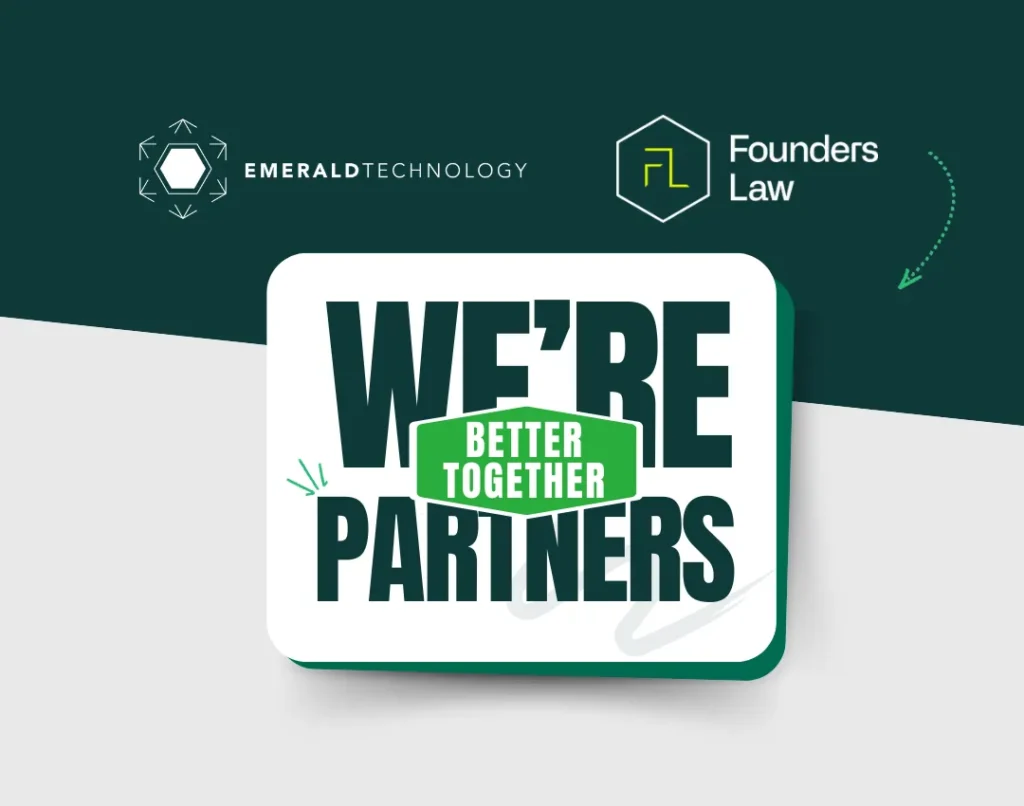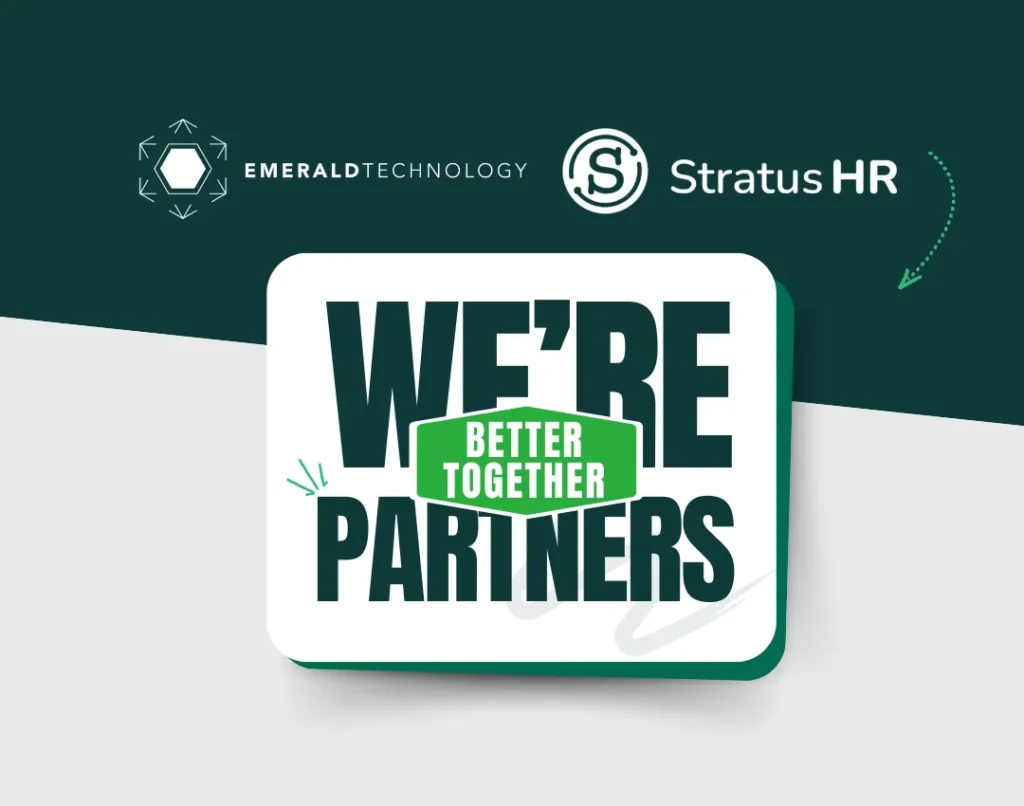Today we caught up with Divisional Director, David Fleckner to discuss the need-to-knows when navigating unexpected landmines as a start-up with global expansion on the horizon.
CC: Of course, founders and CEO’s have to combat unknown waters when beginning their start-up journey. With statistics like 70-90% of start-ups failing, what do you think are the main reasons for this?
DF: It’s difficult to say, it could be something to do with the product not being fit for purpose or lack of demand, timing of launch, or insufficient market research etc. I think it can come down to the type of founder. If they are a true techie, which founders usually are, it’s understanding the do’s and don’ts of a start-ups journey. It’s also understanding how to get your go-to-market teams in place and what that looks like.
Mistakes can be costly, which obviously eats into that precious funding they have accumulated.
CC: As we know start-ups will have global expansion on their radar and being prepared for this is a must to not falling victim to any unexpected landmines. If you had to narrow it down, what are the most common challenges?
DF: lack of knowledge around staying compliant in a new country, overall costs, and onboarding employees are usually the ones that are unexpected.
CC: That’s a great selection. So, tell us more about compliance.
DF: So, compliance is usually an overlooked factor. So, whenever you are hiring an individual in a new country, you must hire them in line with that specific country’s law. Which can vary from country to country.
Many clients come to us because of our global infrastructure of HR and finance teams who ensure we mirror the country’s laws.
CC: Why do you think it is often overlooked?
DF: It’s down to all the different nuances in each country, founders are unaware of these regulations.
CC: It must become very difficult for small start-ups to stay on top of keeping up to date with remaining compliant in each region.
DF: Yeah, it’s quite a logistical challenge. For example, if you have your HR team in the UK and they are trying to hire in South Africa, it can become extremely complex for your UK expert to become familiar with the local laws. This is why it is important to have local partners in place that are able to provide you with the most up-to-date compliance requirements for that country.
CC: Are there any other elements of compliance that start-ups need to know?
DF: Because laws vary from country to country, hiring employees or contractors vary too. There are different legal requirements when it comes to things like pensions and healthcare. All the things you can take for granted in your home country may differ greatly to other countries. This is where having a team of experts on the ground in that country are critical.
CC: I can see how staying compliant can save start-ups huge monetary repercussions.
DF: Exactly, which goes onto the next unexpected landmine cost saving nicely.
So as a start-up, you have just got your round of funding, what you don’t want to do is, not have a clear strategy in place to identify where that money is going to be spent on. You don’t want to employ loads of new staff from the get-go without having the processes or infrastructure in place. Like, having an efficient HR department to manage payroll, onboarding + benefits. This is when start-ups run into trouble, and rush to build their team globally without an expansion strategy, without an entity, without a plan.
It’s a case of running before you can walk. If you are looking at global expansion, you are usually looking at setting up your own entity which is costly and time consuming. For example, Average set-up cost for foreign entity is $20,000; annual maintenance costs can be ten times this An EOR solution can reduce entry costs by up to 50% and eliminate withdrawal costs and ongoing liabilities
So, if you want to get things moving quickly, you want that go-to-market team on the ground in as little time as possible and EOR solution will help you do that.
CC: That’s great advice. So, going back to having a functional infrastructure in place, how can this impact a start-ups employee?
DF: One of the big reasons employees tend to leave is because of under prepared processes and infrastructure. Something like being paid late or incorrectly could be the make or break on employee retention. Having to train and invest in a new hire after resignations is a huge money loss for start-ups.
We see all the time, when companies rush and do not implement onboarding properly for their new hires and do not have this HR infrastructure in place, it results in delays on payroll, incorrect currency payments, etc. Without a very thought-out strategy, you can encounter a lot of problems, which ultimately upsets these new employees. Which in turn creates an unhappy workforce, which you want to avoid during a hyper-growth mode.
CC: Talking of employees, which is more cost efficient, contractors or full-time employees?
DF: Hiring contractors in countries where companies don’t have an entity is an attractive proposition start-up but it does come with its risks’ Although hiring staff as FTE can be a big investment for training, holiday pay and benefits – it works out to be more cost savvy in the long run. I think it also comes down to company culture, staff will feel more involved in the culture if they are secure in their employment. It gives you the employer more control of the career path of that individual.
It ultimately comes down to what is best for your business and what is compliant. Misclassifying a FTE as a contractor will put your business in huge financial risk.
CC: What else is going to cost these start-ups?
DF: Entering a new market overseas is unpredictable and can be a bad investment if your product is not fit for market. Going all guns blazing with your expansion strategy can burn a huge whole in your funding. The cost of setting up an entity in each location you want to try a market-fit can be an immense cost, as well as an exit cost if it does not work.
CC: So, what would you recommend?
DF: An EOR can be used as a trial run in testing a new region and market.
CC: Ok, another unexpected landmine you mentioned, time, tell us more.
DF: So, in some countries- let’s use the US again. It can take up to 6 months to set up an entity. If you are looking to get your first go-to-market team up and running, 6 months is not going to work for you. But, solutions like EOR, can turn it around in 72 hours. It means start-ups can increase their revenue by getting their teams firing and hit the ground running.
CC: I think you will like this quote then, what do you think? “If a company isn’t nimble enough, or cannot execute fast enough on an idea, the window of opportunity for your product or service may very well close before it is ready for the market. If you feel you have a solution to a problem not addressed yet on the market, don’t be fooled – it won’t be long before someone else does too.”
DF: I like it. We see this all the time!
CC: Great! So, what about the tech landscape in general. How quickly do start-ups need to be moving?
DF: Of course, every tech market is competitive, so it is important that you are nimble and aim to be the first pioneer on the ground. So having that agile solution like EOR to enter a country quickly and exit if needs be, is imperative.
CC: and finally, how can onboarding provide unexpected challenges to a start-up?
DF: So, onboarding remote hires is something I don’t think many start-ups would necessarily consider.
Obviously, we have seen a rise in the need for onboarding because of remote workforces, but, in our experience, onboarding to EORs is as important, if not more important. These individuals are contractually working for the EOR provider and not the end customer, they need to understand exactly who does what in the partnership. Who do they go to for what and how does it work? The onboarding process is crucial here to explain this.
If this is not made very clear from the beginning, the employee can become quite disgruntled and confused with the process. That’s why we put a big emphasis on onboarding so the candidate knows from day one what it looks like so there are no issues going forward. That way, the employee has a greater longevity at the company and that’s what we want.
Want to get in touch with David? Book a call with him now.



